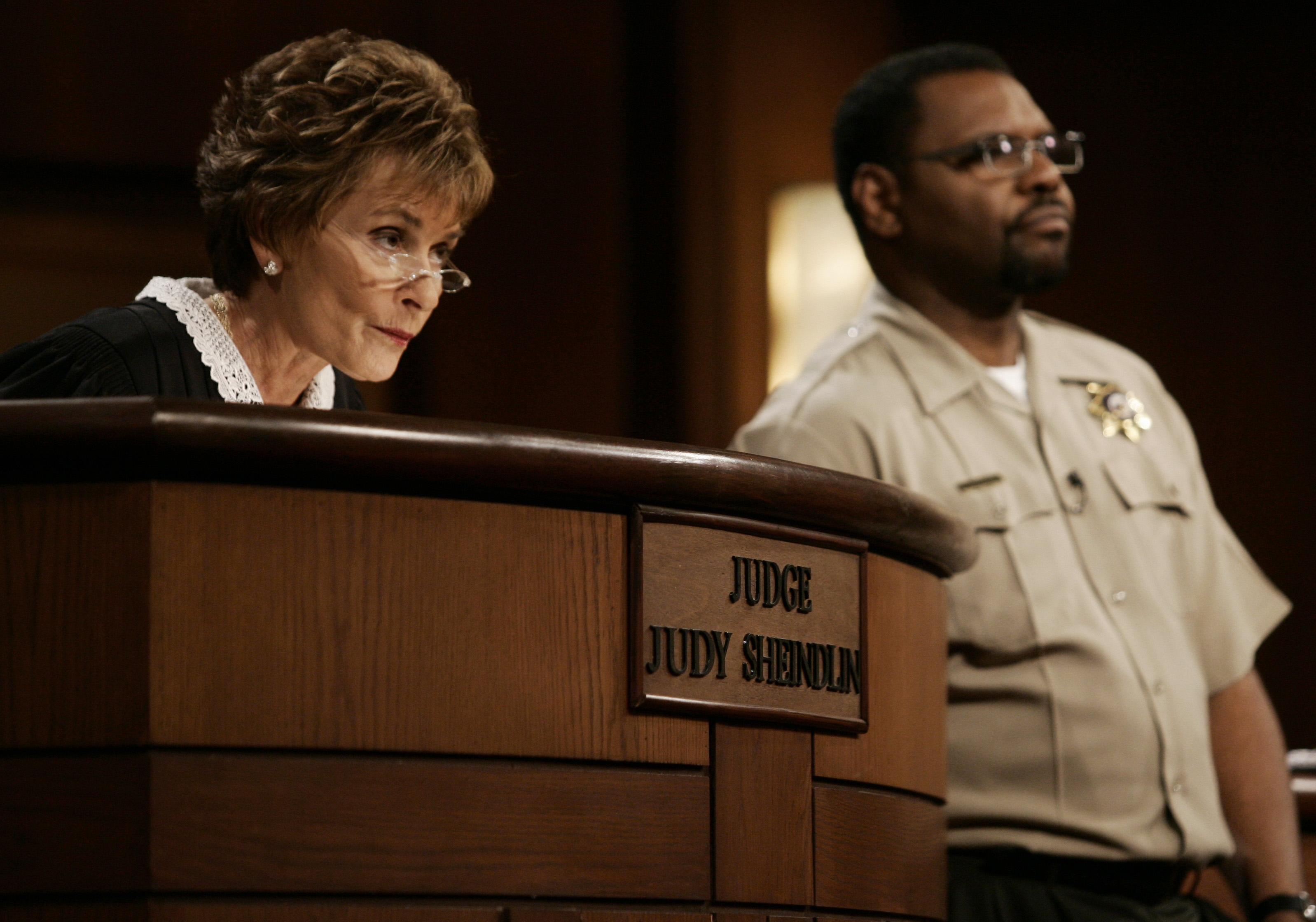
A few years ago, a survey revealed that 25 percent of those questioned, couldn’t come up with the name of the country from which the United States claimed its independence (Spoiler alert: It was England).
More recently, a survey found that more than half of Americans don’t know which party controls Congress, not that it matters much since the same survey revealed more than a third of Americans didn’t know the three branches of government.
Maybe it’s time to add history and civics to the list of standardized testing if that’s what it takes to jam home some pretty basic knowledge about the country.
Last week, the American Council of Trustees and Alumni released a report, A Crisis in Civic Education, that documents just how ignorant the people arriving at the doorstep of higher education can be.
Maybe in the big scheme of things, it doesn’t matter that only 20.6% of respondents could identify James Madison as the Father
of the Constitution. Most think it’s Thomas Jefferson.
But at a time when just about everyone has an opinion on the qualities that should make up a good leader of the country, the ignorance about the country is striking.
Here’s a sample:
* Forty percent of college graduates don’t know that Congress has the power to declare war.
* More than half of the graduates don’t know how the Constitution is amended.
* Almost one in 10 think Judge Judy sits on the Supreme Court. Only 61%, when given the name, recognized Elena Kagan as a Supreme Court justice.
* Only about half could correctly name the length of terms for people serving in the House and Senate.
* Thirteen percent believe the Constitution has to be reratified every four years.
Keep in mind we’re talking about college graduates. Adding to the horror, the non-college crowd was worse (13 percent buy the Judge Judy as Supreme Court justice notion), and among the college graduates, the older graduates were more likely to know the correct answer.
Not surprisingly, the sponsoring organization advocated more history and civics classes in college and noted for the record that it’s not at all unusual “to find that even history majors can graduate without a required course in American history.”
Archive: How people got the government they deserve (NewsCut)
